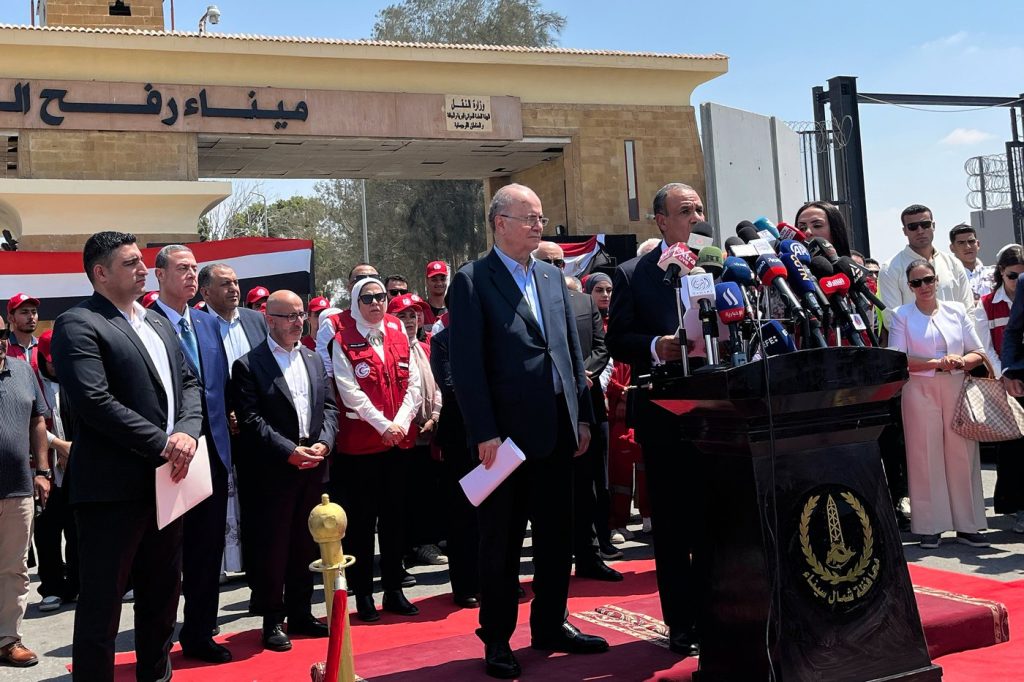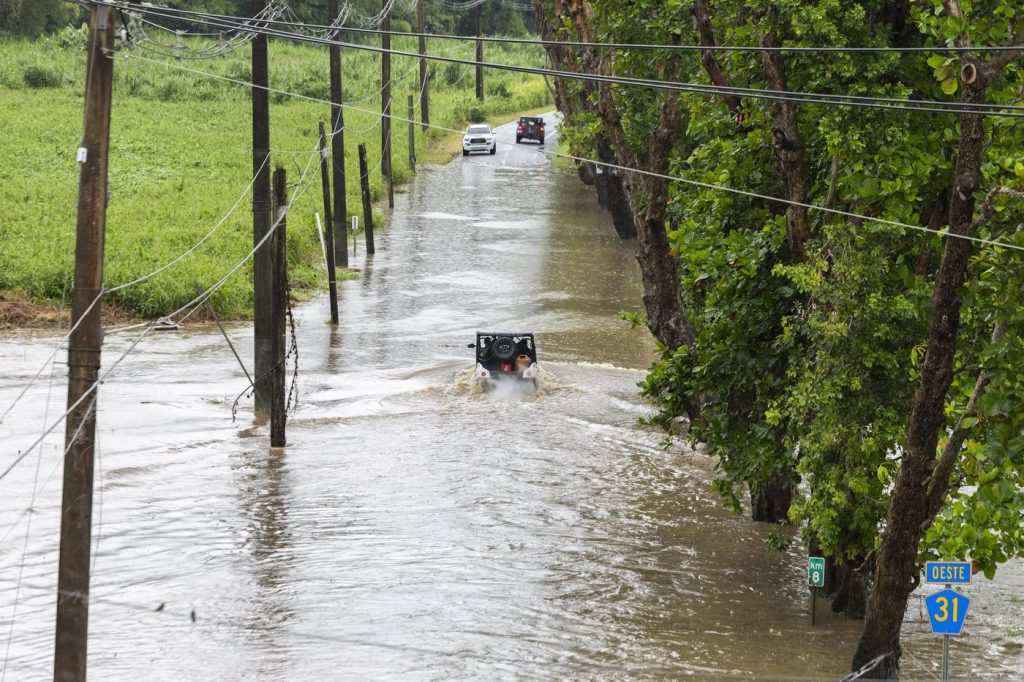RAFAH, Egypt (AP) - On Monday, Hamas announced its acceptance of a new ceasefire proposal put forward by Arab mediators concerning the ongoing conflict in the Gaza Strip. Despite this, Israel maintained that its positions had not shifted, even as Gaza's Health Ministry reported that the Palestinian death toll has exceeded 62,000 due to nearly two years of warfare.
U.S. President Donald Trump expressed skepticism over the longstanding negotiations facilitated by the United States. He stated on social media, "We will only see the return of the remaining hostages when Hamas is confronted and destroyed!!! The sooner this takes place, the better the chances of success will be." This signals a tough stance as diplomatic efforts continue to falter.
Simultaneously, Israel has disclosed plans to reoccupy Gaza City and other densely populated areas as ceasefire negotiations seem to have collapsed last month. Experts have cautioned that this offensive could lead to a worsening humanitarian crisis in Gaza, which is already on the brink of famine.
Amidst international backlash and growing fears among Israelis for the remaining hostages taken during Hamas's attack on October 7, 2023, mass protests erupting across Israel have been demanding their return. Hundreds of thousands participated in demonstrations just last Sunday, intensifying pressure on the government.
Egyptian Foreign Minister Badr Abdelatty announced that mediators are making significant efforts to revive a U.S. proposal for a 60-day ceasefire. This truce would facilitate the release of some of the remaining 50 hostages while allowing for negotiations aimed at a permanent ceasefire and the return of the rest. He indicated that U.S. envoy Steve Witkoff has been invited to partake in the discussions.
Accompanying Abdelatty was Mohammad Mustafa, the Prime Minister of the Palestinian Authority, who has been largely marginalized since the onset of the conflict. Notably, Qatari Prime Minister Sheikh Mohammed bin Abdulrahman Al Thani has also joined the talks, which include senior Hamas leader Khalil al-Hayya.
Bassem Naim, a senior official from Hamas, confirmed the group's acceptance of the proposed measures but refrained from providing further details. An Egyptian official, speaking under condition of anonymity, remarked that the proposal includes modifications to Israel's troop withdrawal and guarantees for ongoing negotiations during the truce. This proposal closely mirrors a previous framework that Israel initially accepted, albeit they have not participated in the latest talks.
Israeli officials reiterated that their stance remains unchanged, emphasizing the need for the release of all hostages. Prime Minister Benjamin Netanyahu has insisted that the military campaign will persist until every hostage is freed and Hamas is disarmed. Conversely, Hamas declares that it will only release the remaining captives in exchange for a comprehensive ceasefire alongside an Israeli withdrawal.
The ongoing violence has resulted in substantial casualties, as documented by Gaza's Health Ministry. Reports indicate that the death toll has surged to 62,004, with 156,230 individuals injured. The Ministry, which is aligned with the Hamas-run governance, has not detailed the numbers of civilians versus combatants among the deceased, but it cited that women and children represent nearly half of the fatalities.
Since the war's inception, 251 individuals have been abducted by Hamas, resulting in approximately 1,200 deaths, predominantly among civilians. Israel estimates that about 20 of the hostages still alive remain in Gaza.
In a grim update, the Health Ministry noted that at least five more individuals, including two children, succumbed to malnutrition-related conditions, exacerbating concerns about the humanitarian situation in Gaza. It reported that 112 children and 151 adults have died due to malnutrition since the conflict escalated.
Amnesty International has alleged Israel is conducting a systematic campaign of starvation, a claim the Israeli government vehemently denies, asserting that sufficient food supplies are being allowed in. The United Nations has noted that it faces challenges due to Israeli restrictions and a deteriorating security situation on the ground.
The U.N. World Food Program reported that last week, community kitchens in Gaza managed to provide approximately 380,000 meals daily, drastically down from over one million before the conflict's intensification.












